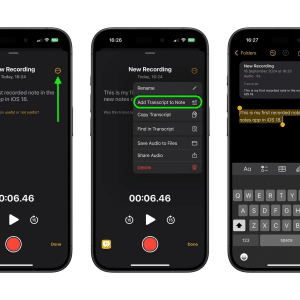Apple has blocked ‘pervasive’ tracking on their web browser Safari, causing advertising firms to lose out on hundreds of millions of dollars. According to advertising technology firm Criteo, the Intelligent Tracking Prevention (ITP) feature that has been added to Safari is likely to cut its revenue by more than a fifth in 2018.
Dennis Buchheim of the Interactive Advertising Bureau believes the update will be non reversible but will evolve over time:
“We expect a range of companies are facing similar negative impacts from Apple’s Safari tracking changes. Moreover, we anticipate that Apple will retain ITP and evolve it over time as they see fit.”
What exactly is ITP?
ITP was announced back in June 2017 and was introduced in iOS 11 and in Safari 11 in macOS High Sierra 10.13 when they were released in September. This new feature does not block adverts but instead stops companies from invasively tracking customer web browsing habits. It carefully manages ‘cookies’ to prevent invasive tracking as customers browse.
When it was launched in September, it caused outrage from advertising companies, claiming it would cause unprecedented disruption to their business models. Safari is used by 14.9% of all internet users and tracking users’ movements has become crucial to the business models of many advertising companies.
Just weeks after its launch, Apple was asked to rethink its decision. Apple responded that tracking has simply become too invasive:
“Ad tracking technology has become so pervasive that it is possible for ad tracking companies to recreate the majority of a person’s web browsing history. This information is collected without permission and is used for ad re-targeting, which is how ads follow people around the Internet. The new Intelligent Tracking Prevention feature detects and eliminates cookies and other data used for this cross-site tracking, which means it helps keep a person’s browsing private.”
Companies such as Criteo initially believed they had found a loophole in Apple’s plans, but this was closed when Apple introduced iOS 11.2.












